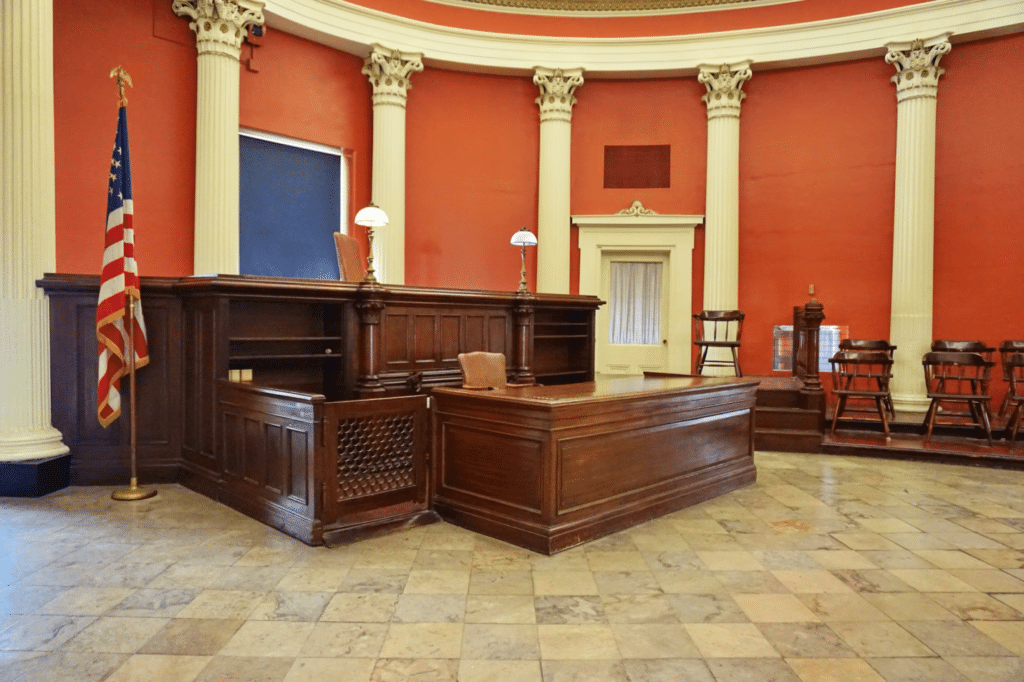It’s easy to assume that someone being found guilty of a crime in a trial will mean they must serve the sentence that has been handed down to them. This is true in many cases but certainly not in all.
If someone decides to appeal their criminal conviction, there’s a chance a court decision can be reversed, remanded, or modified. In fact, that was true of 12% of the nearly 70,000 criminal appeals requested in 2010 alone. If you don’t believe your sentence was fair, appealing it can be an option your lawyer recommends on any of these grounds:
A Legal Error
While you might not have identified a legal error during your trial, your chosen law firm, like Garland, Samuel & Loeb, may recommend appealing due to a legal mistake if they identify one later. A legal error is something that has the potential to harm your rights. In legal terms, it’s known as a plain error and can often be grounds for appeal.
Clients and their lawyers must be able to prove a plain error under Rule 52 of the Supreme Court:
- The error or deviation from a legal rule can’t have been previously waived by the person appealing their sentence
- The error must be plain, clear, and obvious
- The error must have affected their rights by being prejudicial or potentially affected the outcome
Ineffective Assistance of Counsel
Appealing a criminal conviction on the grounds of Ineffective assistance of counsel means that they believe they pled how they did after poor advice from their counsel. This can sometimes happen when lawyers don’t tell their clients about the consequences of their plea.
Using ineffective assistance of counsel as a reason for your appeal involves you proving that:
- Your trial lawyer’s conduct was below an objective standard of reasonableness
- The outcome of a criminal proceeding would have been different if the lawyer didn’t make unprofessional errors
Jury Misconduct
You don’t have to be involved in the law to impact someone’s case outcome. If a jury is relied on to find someone innocent or guilty, their conduct or lack thereof can give someone a reason to submit an appeal.
Appealing a criminal sentence due to jury misconduct means that you believe a jury’s activities impacted your right to a fair trial. They might have discussed the case with other people, watched news coverage of the case, or even leaked information to the media. Taking drugs and drinking alcohol can also sometimes be reason enough for someone to appeal their conviction.
Evidence Issues
Evidence in various forms is heavily relied on to find someone guilty or innocent of a crime. However, how that evidence was gathered, and the type of evidence that was used can sometimes give people the opportunity to appeal their conviction.
For example, you might have grounds for appeal if a judge denied a motion to suppress evidence, even if the police obtained it unlawfully. During your appeal, you can argue that the trial judge made an error in not allowing evidence to be suppressed.
Being convicted of a crime can be life-changing. As a result, you might be eager to appeal your conviction, believing it was unfair or unjust. These are some of the many grounds for appeal your lawyer might suggest to help you receive the fair trial you deserve.

